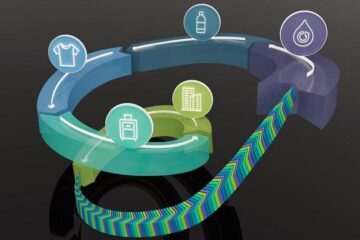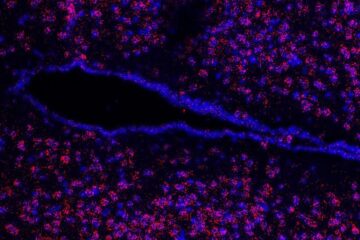World AIDS Day: US Women with HIV Lack Access to Health Care

On this World AIDS Day, December 1, one in five women with HIV in the United States has no health insurance. Half of the estimated 460,000 women and men who need lifesaving antiretroviral drugs are not getting them, according to a recent report by the Institute of Medicine (IOM) of the National Academy of Sciences.
“These figures are appalling,” said Paul Volberding, MD, chairman of the HIV Medicine Association (HIVMA) Board of Directors and a member of the IOM panel that wrote the report. “We find it tragic that in the richest country in the world, so many people are not getting the care they desperately need.”
Most women with HIV/AIDS who do receive care do so under publicly funded programs. Despite growing enrollment, however, funding for programs like the Ryan White CARE Act were cut in this year’s budget after years of stagnation. Medicaid, the largest provider of care for people with HIV, could face cuts in coming years because of extremely tight budgets.
Funding cuts for AIDS programs disproportionately affect African-American women, who are more likely to be low-income and therefore dependent upon publicly funded programs. “They are also bearing the brunt of the AIDS epidemic,” said HIVMA Board Member Kimberly Smith, MD, MPH, of Chicago’s Rush University Medical Center. African-American women account for 64 percent of the 12,000 new HIV infections among women each year.
“This World AIDS Day, we would like to remind people that the epidemic in the United States is not over,” Dr. Smith said. “Access to health care must improve in this country for people with HIV/AIDS, especially African-American women.”
HIVMA experts are available for interviews on access to care and other HIV/AIDS issues. Call Steve Baragona at (703) 299-0412 to arrange an interview.
Media Contact
All latest news from the category: Health and Medicine
This subject area encompasses research and studies in the field of human medicine.
Among the wide-ranging list of topics covered here are anesthesiology, anatomy, surgery, human genetics, hygiene and environmental medicine, internal medicine, neurology, pharmacology, physiology, urology and dental medicine.
Newest articles

Roadmap to close the carbon cycle
A holistic approach to reach net-zero carbon emissions across the economy. A major approach to achieving net-zero carbon emissions relies on converting various parts of the economy, such as personal…

Cost-effective, high-capacity, and cyclable lithium-ion battery cathodes
Charge-recharge cycling of lithium-superrich iron oxide, a cost-effective and high-capacity cathode for new-generation lithium-ion batteries, can be greatly improved by doping with readily available mineral elements. The energy capacity and…

New regulator of eating behaviour identified
The rapidly escalating prevalence of overweight and obesity poses a significant medical challenge worldwide. In addition to people’s changing lifestyles, genetic factors also play a key role in the development…





















